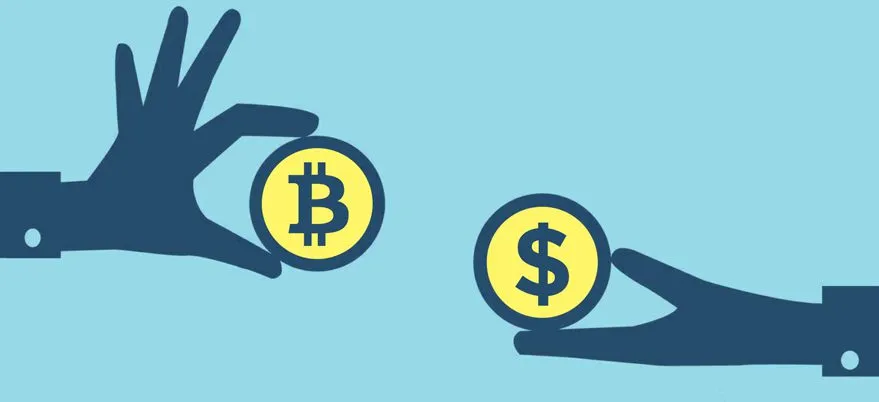|
Getting your Trinity Audio player ready...
|
The value of the seized BTC was originally $500,000; it’s now worth around $8.5 million.
Last year, authorities nabbed alleged drug ringleader Aaron Shamo for peddling Fentanyl—a dangerously powerful opioid, through AlphaBay on the dark web in exchange for BTC. In what U.S. Attorney John Huber describes as the largest Fentanyl operations federal authorities have seen in the country, nearly 500,000 pills were found in Shamo’s basement in Cottonwood Heights, Utah.
Shamo, who formerly focused on BTC trading before succumbing to the black market, plead not guilty to the charges. Earlier this year, five more were indicted in connection to the operation. If convicted, the gang will be spending life in prison.
Along with guns, vehicles, and over $1 million in cash stashed in trash bags, authorities found his BTC cache worth $500,000—at the time. But with BTC currently trading at over $17,000 (as of writing), this value has ballooned to around $8.5 million. Never before has such a sense of urgency been made over liquidating seized assets. Unlike traditional property, cryptocurrencies are highly volatile and fluctuate rapidly in value. Naturally, prosecutors are urging for a quick resolution to the case in hopes of liquidating the assets while it’s trading on a high, since the profits will be awarded to the investigating agency—in this case, the Drug Enforcement Agency.
Although cryptocurrencies are an uncharted territory, with some even questioning whether traditional laws involving seized assets even apply to them, US officials have been swift in treating them the same way traditional assets are handled.
They handled Silk Road’s drug money the same way—the US Marshals Service auctioned off 30,000 BTC, reaping in millions of dollars in 2014, with another sale proceeding in 2015. An additional 144,336 BTC—worth around $48 million at the time, were sold off two months ago, despite Silk Road creator Ross Ulbricht contesting the legality of the procedure.

 08-08-2025
08-08-2025 





